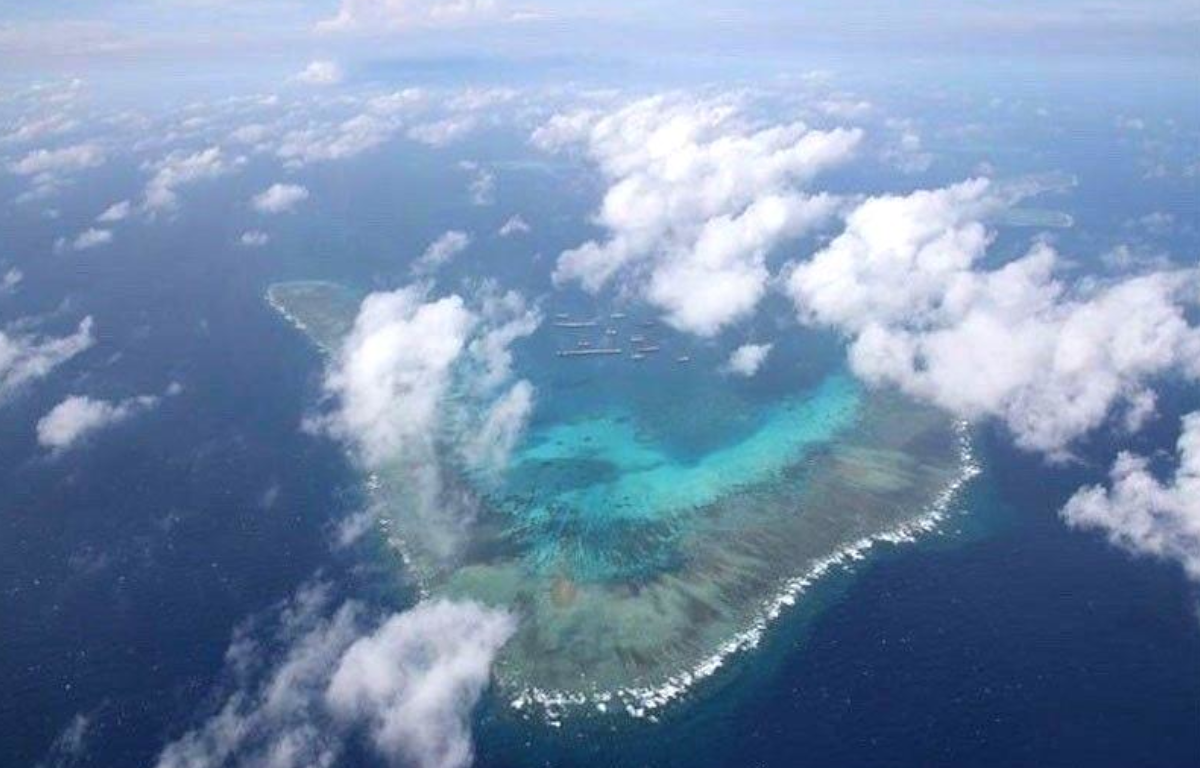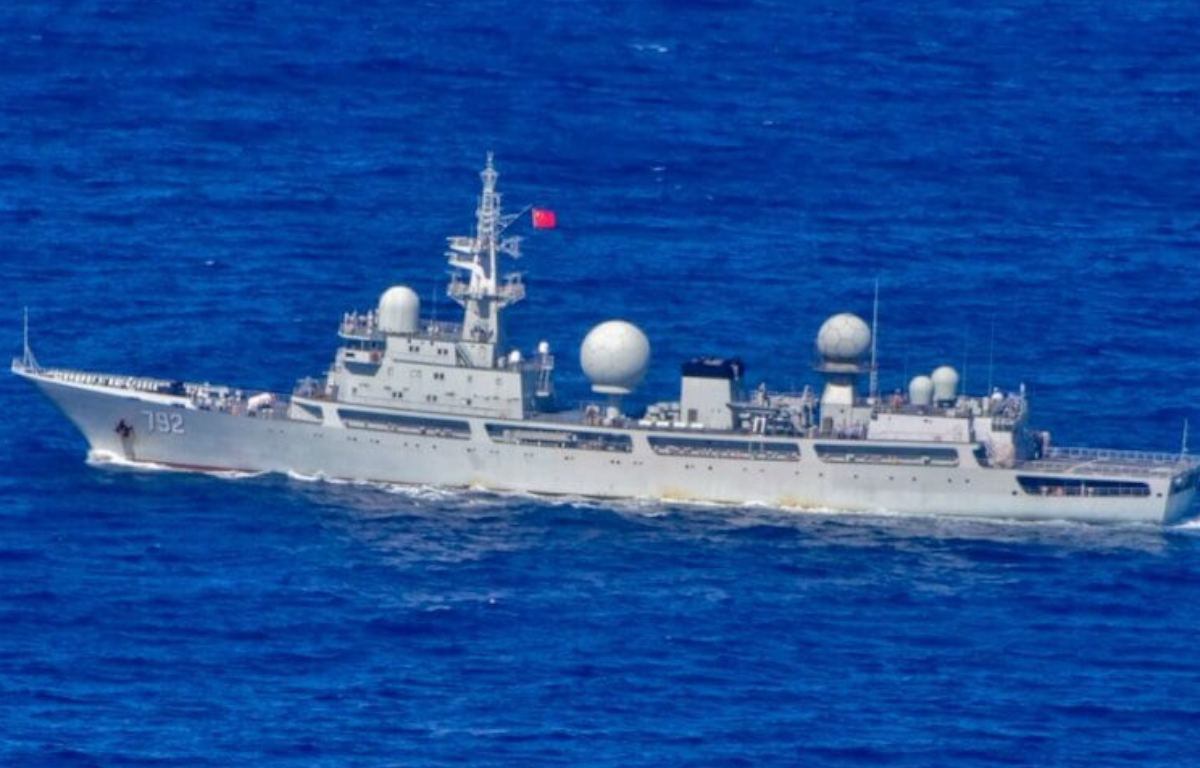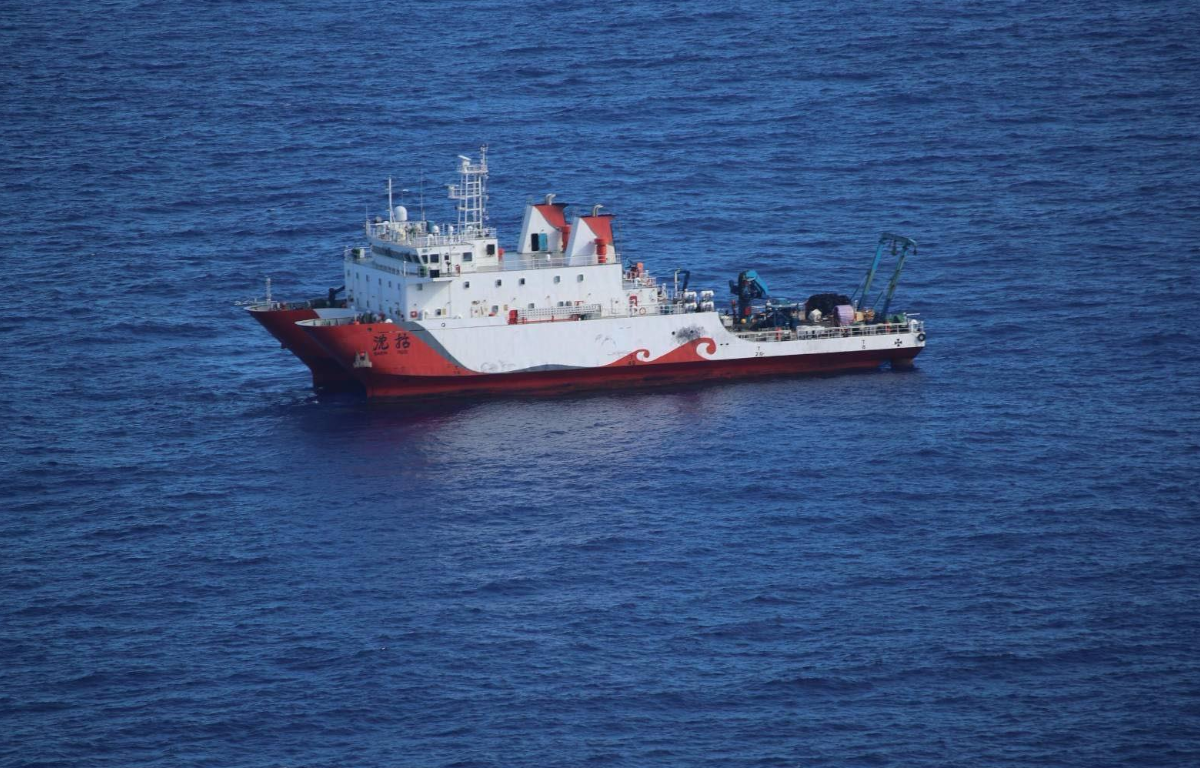
The West Philippine Sea, situated within the South China Sea, has remained a focal point of territorial disputes for decades. Rich in valuable resources like fisheries and potential oil and gas reserves, it’s an area of immense strategic importance, triggering overlapping claims from various nations including the Philippines, China, Vietnam, Malaysia, Brunei, and Taiwan.
China has exhibited a growing assertiveness in asserting its territorial claims across the South China Sea, including the West Philippine Sea. This assertion takes many forms, including the construction of artificial islands, military deployments, and the enactment of domestic laws asserting sovereignty over contested regions.
One of China’s recent moves was the publication of a new map, essentially redrawing its territorial claims in the South China Sea, including the West Philippine Sea. The Philippines has vehemently opposed this map, maintaining its long-standing position that these territories lie within its exclusive economic zone (EEZ) and are thus subject to its sovereign rights.
This rejection has significantly escalated diplomatic tensions between the Philippines and China. Formal protests have been lodged, and international arbitration is being sought by the Philippines. Such escalating tensions bear substantial consequences, potentially impacting regional stability and cooperation.
This rejection underscores the vital role of international law, particularly the United Nations Convention on the Law of the Sea (UNCLOS). The Philippines contends that its territorial claims are grounded in UNCLOS, which outlines the EEZs and continental shelves of coastal states. China’s unilateral actions and assertions challenge these principles and have raised international concerns about regional security and trade.
The Association of Southeast Asian Nations (ASEAN) plays a critical role in promoting regional stability, yet it has struggled to present a united front in addressing the South China Sea disputes. The Philippines’ rejection of China’s map highlights the challenges ASEAN faces in managing these conflicts and underscores the importance of regional cooperation in finding peaceful resolutions.










Share this: